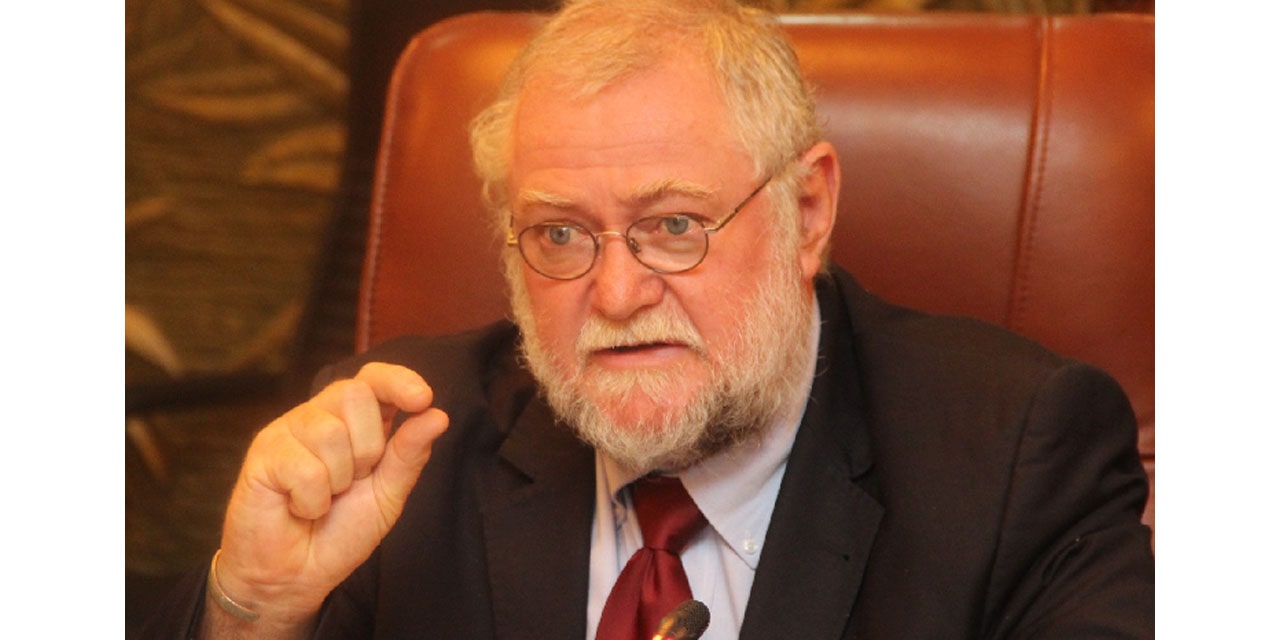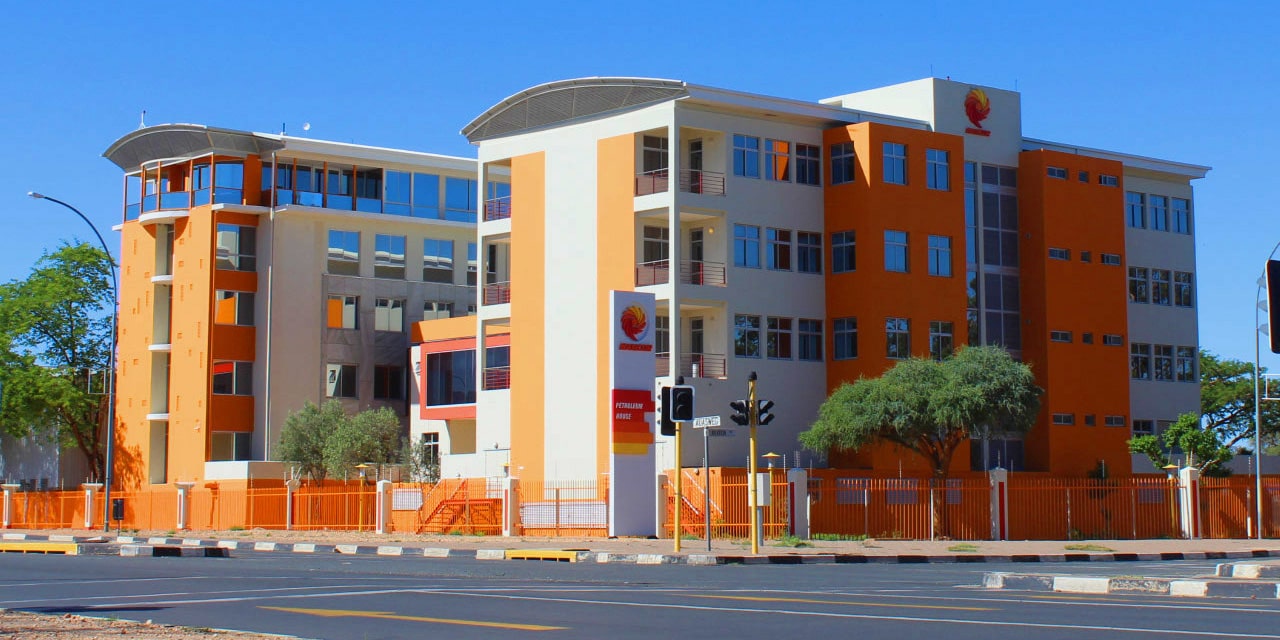Niël Terblanché
Competition from the private sector has rendered the Meat Corporation of Namibia technically insolvent with the state-owned enterprise’s debt currently surpassing its assets.
Meatco’s line ministry has now started with an urgent intervention to get the corporation back on an even keel.
The Minister of Agriculture, Water and Land Reform, Calle Schlettwein, at a workshop in Swakopmund, said that initiating reform and supporting the sustainability of Meatco is essential for it to serve as an anchor for continued market access and price stabiliser for all livestock producers, in both communal and commercial farming areas.
“We are working closely with the treasury and other stakeholders for a sustainable future of Meatco and its value creation proposition for the livestock sector,” the minister said.
He added that in the past, Meatco had the advantage of being a monopoly in the country.
“This situation has changed since the market was opened for privately-owned abattoirs and beef marketing entities,” he said
Beefcor, a privately-owned agribusiness, has already surpassed Meatco in the number of cattle slaughtered and processed while Savanna Meat, another private-sector agribusiness entity, has been registered, which will increase competition for the state-owned enterprise.
The result is a sharp decline in market share, which in turn brought about serious loss of revenue.
“Meatco is currently technically insolvent with its debts having surpassed its assets and a recovery using its own resources and with current structures in place is highly unlikely,” Schlettwein said.
He added that assistance from the treasury would be needed to assist with the recovery of the national meat corporation.
The minister also highlighted the need for the operationalization of abattoirs and meat processing facilities in communal farming areas of the north. He was of the opinion that communal farmers would be able to access new markets.
He added that the creation of such facilities would eventually cause an acceleration of the complementary value chain activities, quarantine facilities, and feed-lotting and that it will promote optimal utilization of the slaughtering and processing infrastructure.
The Ministerial Strategic and Annual Planning Workshop was attended by managers within the agriculture ministry who deliberated and concluded on policies and strategies to consolidate and strengthen their achievements and address their challenges.




